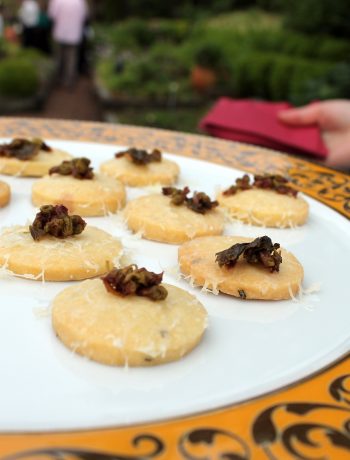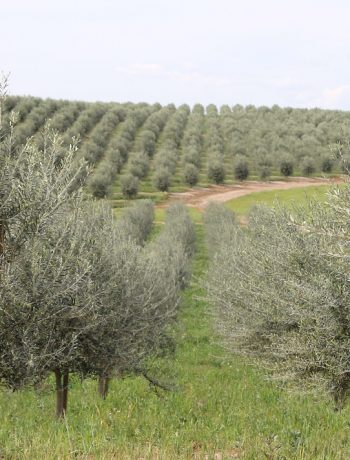Here’s an interesting statistic, only about 30% of women who develop breast cancer have a family history of breast cancer, which means the other 70% of women who develop breast cancer, have no family history whatsoever. That means 70% of breast cancers do not seem to have a genetic link, and are therefore somewhat spontaneous.
When we look at reducing our own risks, a healthy lifestyle and avoiding environmental toxins are a priority. So what are the risks in our environment? Most are obvious; cigarettes, hormones, radiation and plastic. But, are there other more apparent ones that we are missing in this picture? For scientists, it’s fairly difficult to study humans, and observe what toxins lead to cancer over a lifetime.
Humans are just relatively difficult to study in a controlled environmental setting, so rodents are commonly used as a model. ‘Round up’, the herbicide now found in many of our streams and rivers, is used heavily by the industrial farming industry, ‘Round up’ or glyphosate is accumulating in our environment at a rapid pace. Rodent studies show a significant increase in mammary tumors, which we could infer would be similar to breast cancer in humans, over a lifetime exposure. Séralini, G.-E.; Clair, E.; Mesnage, R.; Gress, S.; Defarge, N.; Malatesta, M.; Hennequin, D.; Spiroux de Vendˆomois, J. Long term toxicity of a Roundup herbicide and a Roundup-tolerant genetically modified maize. Food Chem. Toxicol. 2012, 50, 4221–4231
So it’s not necessarily the GMO corn, soy, wheat, beet, canola, and alfalfa that’s contributing to our breast cancer risks, but the liquids that they are doused in. ‘Round up’ is desiccated onto the plants while they are growing and then again at harvest. As a result, much of that ends up in our bodies. Even more disturbing, it’s even doused on the grass our children play on. GMO plants are not suffering, only we are.
And on that note, Holly has a great recipe, made with non GMO flour for you to try at home. Avoiding GMO & “Round up” is not an easy task, but with a little effort, you can reduce exposure for you and your family.
GMO’s and Breast Cancer
Health





No Comments